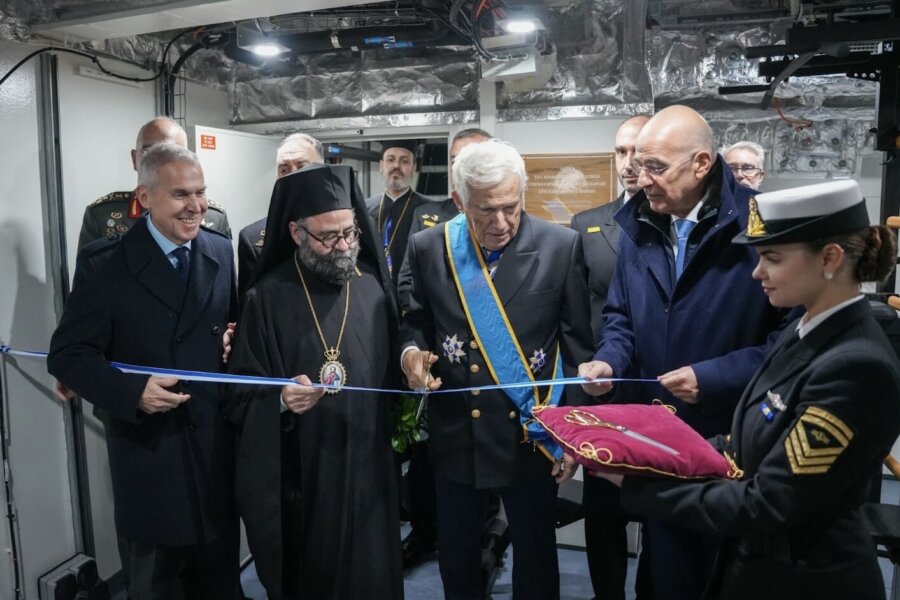
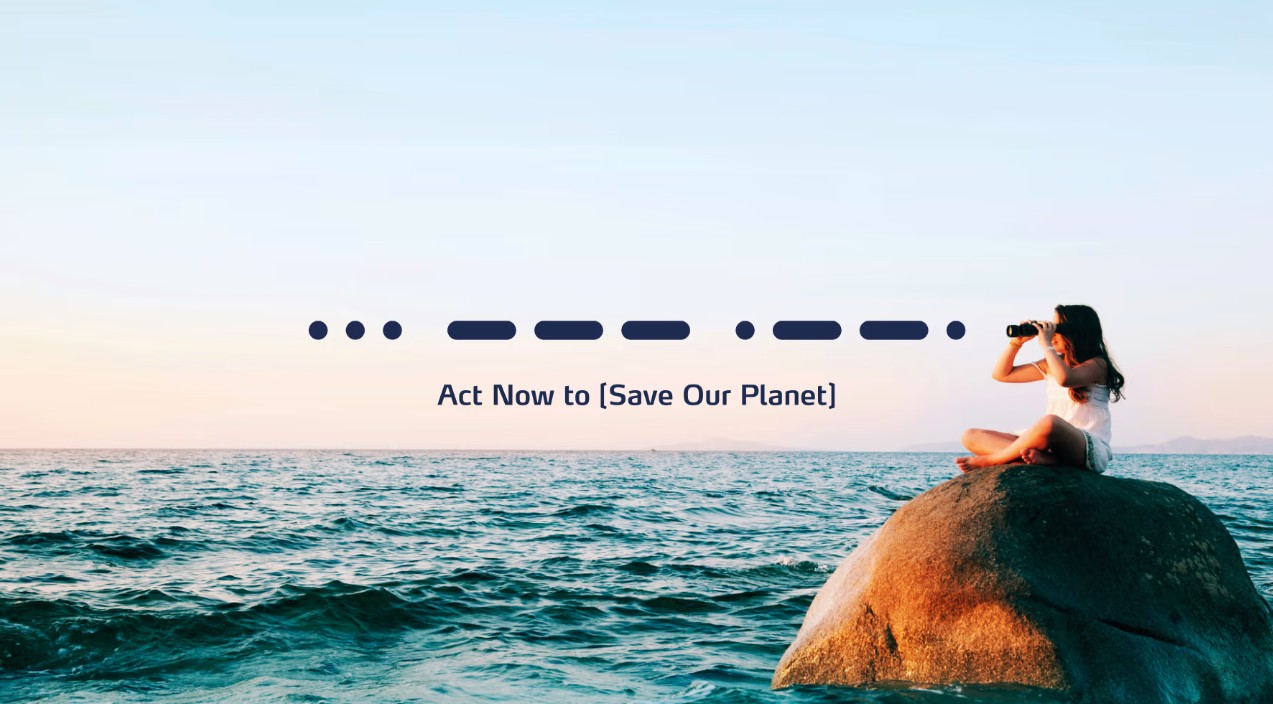
Yara Marine Technologies: “Act Now to Save the Planet”
Last year, Yara Marine Technologies launched the distress signal Save Our Planet – represented by the morse code SOP – to highlight its concerns about the climate crisis and encourage the maritime industry to move rapidly on decarbonization. Now, once again Yara is ringing the alarm and calling upon the whole industry to take decisive actions to accelerate the green transition.
The number of stakeholders sharing the company’s concerns is ever-increasing, and institutional support is strongly spreading. The International Maritime Organization made its clear stance on greening operations earlier this year by announcing the 2022 World Maritime Theme of “New Technologies for Greener Shipping – and No One Left Behind.” This theme recognizes that the green transition must be inclusive in order to succeed. That is a vital point. If the transition does not encompass the entire global fleet and all its stakeholders, the shipping industry cannot hope to reach Net Zero emissions.
DNV is also putting the issue at the forefront of its agenda. In their latest “Maritime Forecast to 2050” report, they note that industry stakeholders who choose to delay the implementation of decarbonization measures will face increasing risk due to mounting regulatory and commercial pressure. According to their “Pathway to Net Zero Emissions” report, decarbonization of shipping will demand a combination of higher energy efficiency, improved logistics, and new fuels, which in turn will require intensified uptake of both technical and operational measures.
The perspectives put forward by the IMO and DNV point toward two important acknowledgments:
First, the industry must acknowledge that any roadmap for the green transition has to account for the needs of many different stakeholders, vessels, and operations – needs that are certain to evolve as the transition moves along – and will therefore have to include a variety of technical and operational innovations.
Second, the industry must acknowledge that Net Zero should be viewed as a process rather than a final destination. The goal posts will continually shift to allow for greater improvements and smaller environmental impacts. This is already evident from incoming regulatory requirements such as EEXI (Energy Efficiency Existing Ship Index) and CII (Carbon Intensity Indicator), which lay the foundation for continuous improvement of the global fleet.
When taking these acknowledgments into consideration, it becomes clear that the time to act is now. Rather than waiting for a watershed moment that will not come, the maritime industry should take measures today that allow for steady progression towards Net Zero tomorrow.
However, it is one thing to recognize the urgent need for change and quite another to follow through with concrete actions – after all, the industry is facing a complex challenge that brings with it numerous uncertainties. It is entirely understandable that many stakeholders are still preoccupied with discussions about which technology or fuel will “win out”, and that many are worried about investing in solutions that may become obsolete.
The good news is that there are many solutions available in the market today that have proven themselves both environmentally and economically, and that will continue to do so long into the future. Across the industry, technology development has resulted in substantial advances within vessel design, fuel economy, emissions abatement, alternative propulsion methods, performance management, and artificial intelligence. If the industry seizes these opportunities, the industry can achieve drastic reductions in both emissions and costs – from this very moment on. That is how to get the transition on track and begin saving the planet.
Yara Marine Technologies is committed to helping the industry into the future. Yara stands ready to do its part by developing, implementing, and scaling up clean technologies that benefit the maritime industry on its decarbonization journey.
This journey does not need to be sacrificial – quite to the contrary. With foresight and collaboration, the industry will emerge with renewed strength.
ΝΧ
Συντακτική ομάδα Ναυτικών Χρονικών

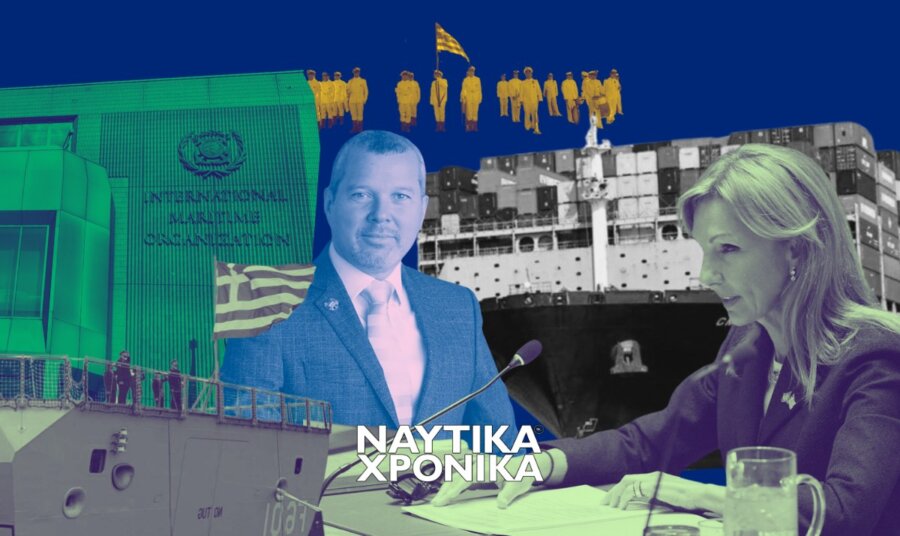
Τα highlights του 2025
Το 2025 αναδεικνύεται σε μια χρονιά έντονων προκλήσεων αλλά και καθοριστικών εξελίξεων για τη διεθνή ναυτιλία, με τις εύθραυστες γεωπολιτικές ισορροπίες να επηρεάζουν άμεσα…
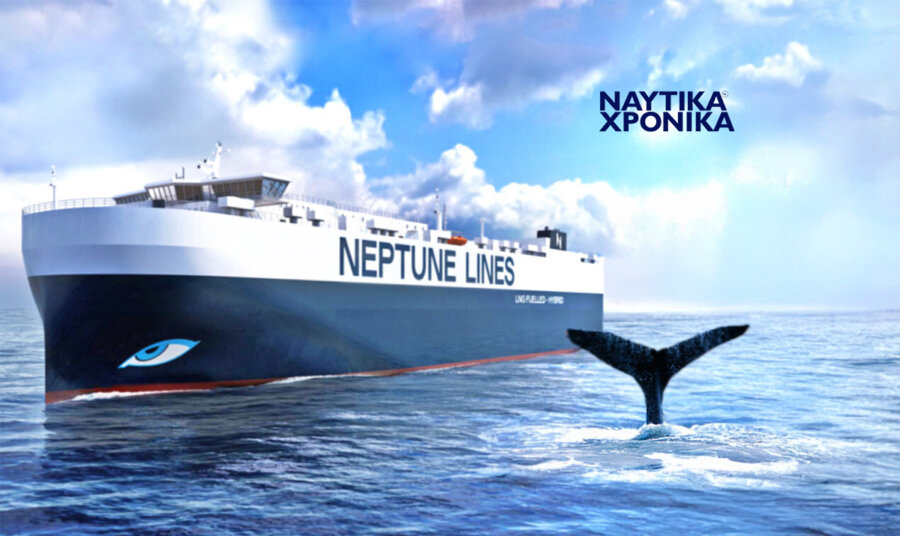
Neptune Lines: Πρωτοβουλία για την προστασία της θαλάσσιας βιοποικιλότητας στη Μεσόγειο
Την έμπρακτη στήριξή της για την προστασία της θαλάσσιας βιοποικιλότητας δείχνει η Neptune Lines. Συγκεκριμένα, η εταιρεία εφαρμόζει εθελοντικό πρόγραμμα εκτροπής δρομολογίων στην Ελληνική…
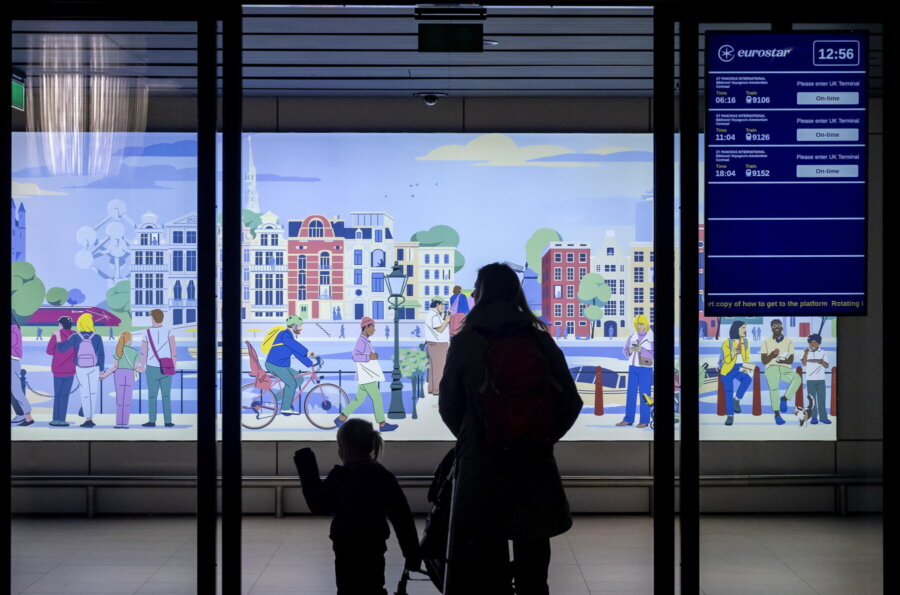
Βρετανία: Διακοπή μέχρι νεωτέρας όλων των δρομολογίων της Eurostar μέσω της Μάγχης
Δρομολόγια της Eurostar από και προς το Λονδίνο μέσω της Μάγχης ακυρώθηκαν και αναστέλλονται μέχρι νεωτέρας όλες οι υπηρεσίες του σιδηροδρομικού φορέα λόγω προβλήματος…

Το Top-10 των δημοφιλέστερων ειδήσεων για το 2025
Καθώς η χρονιά φτάνει στο τέλος της, κάνουμε μια σύντομη αναδρομή στα άρθρα που ξεχώρισαν περισσότερο, συγκέντρωσαν το αυξημένο ενδιαφέρον των αναγνωστών μας και…
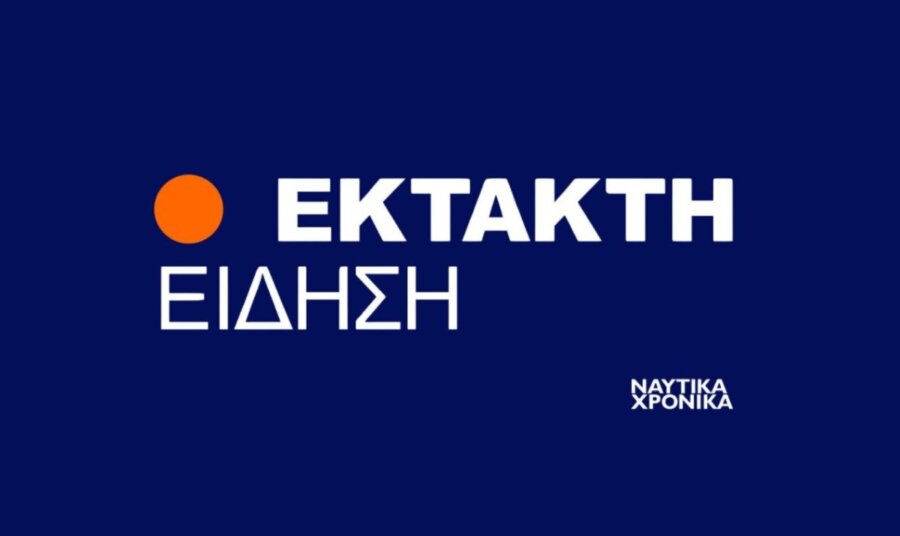
Ελεύθεροι οι ναυτικοί του CGAS SATURN
Ελεύθεροι αφέθηκαν οι εννέα ναυτικοί που είχαν απαχθεί από το LPG carrier CGAS SATURN της Christiania Gas στον Κόλπο της Γουινέας στις 3 Δεκεμβρίου.…
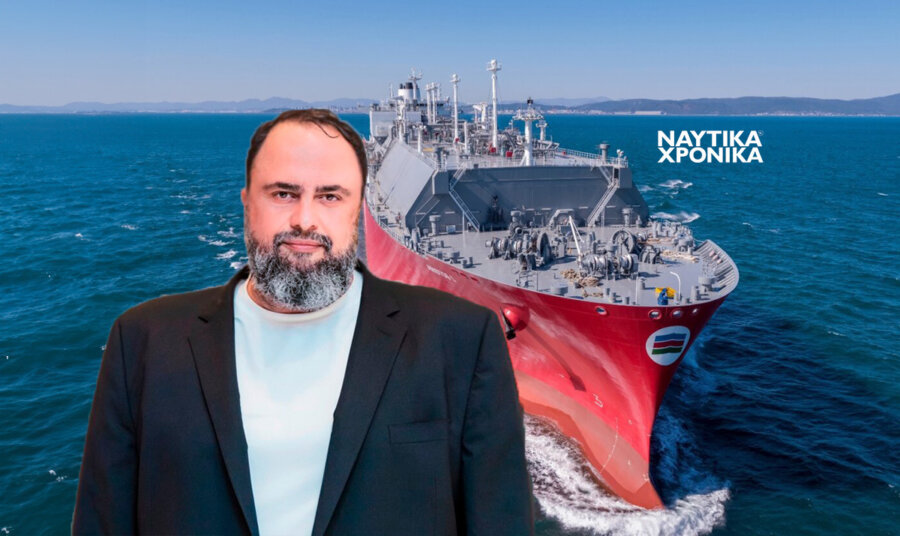
Capital Clean Energy Carriers Corp.: Παραγγελία για τρία ακόμη LNG carriers
Σε νέα παραγγελία για τρία νέας γενιάς LNG carriers στα ναυπηγεία HD Hyundai Samho προχώρησε η Capital Clean Energy Carriers Corp. Η αξία της…
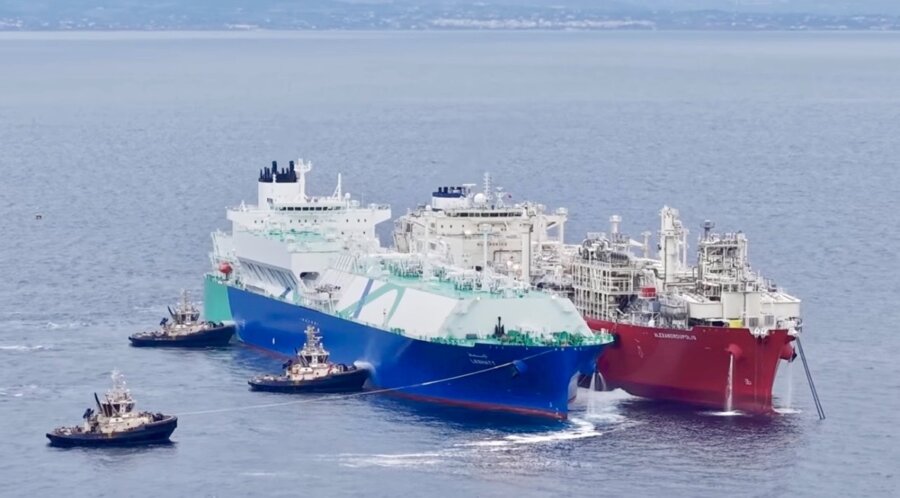
Metlen: Στην Αλεξανδρούπολη το πρώτο φορτίο αμερικανικού LNG
«Άλλη μία πρωτιά σημείωσε η METLEN και ο τομέας International Energy Supply & Trading, με την έλευση στην Αλεξανδρούπολη του πρώτου αμερικανικού φορτίου υγροποιημένου…

Ρωσία: Επίθεση του Κιέβου με 91 drone στην κατοικία του Πούτιν
Ο Ρώσος υπουργός Εξωτερικών Σεργκέι Λαβρόφ δήλωσε σήμερα ότι η Ουκρανία προσπάθησε να επιτεθεί στην κατοικία του προέδρου Βλαντίμιρ Πούτιν στην περιοχή του Νόβγκοροντ…